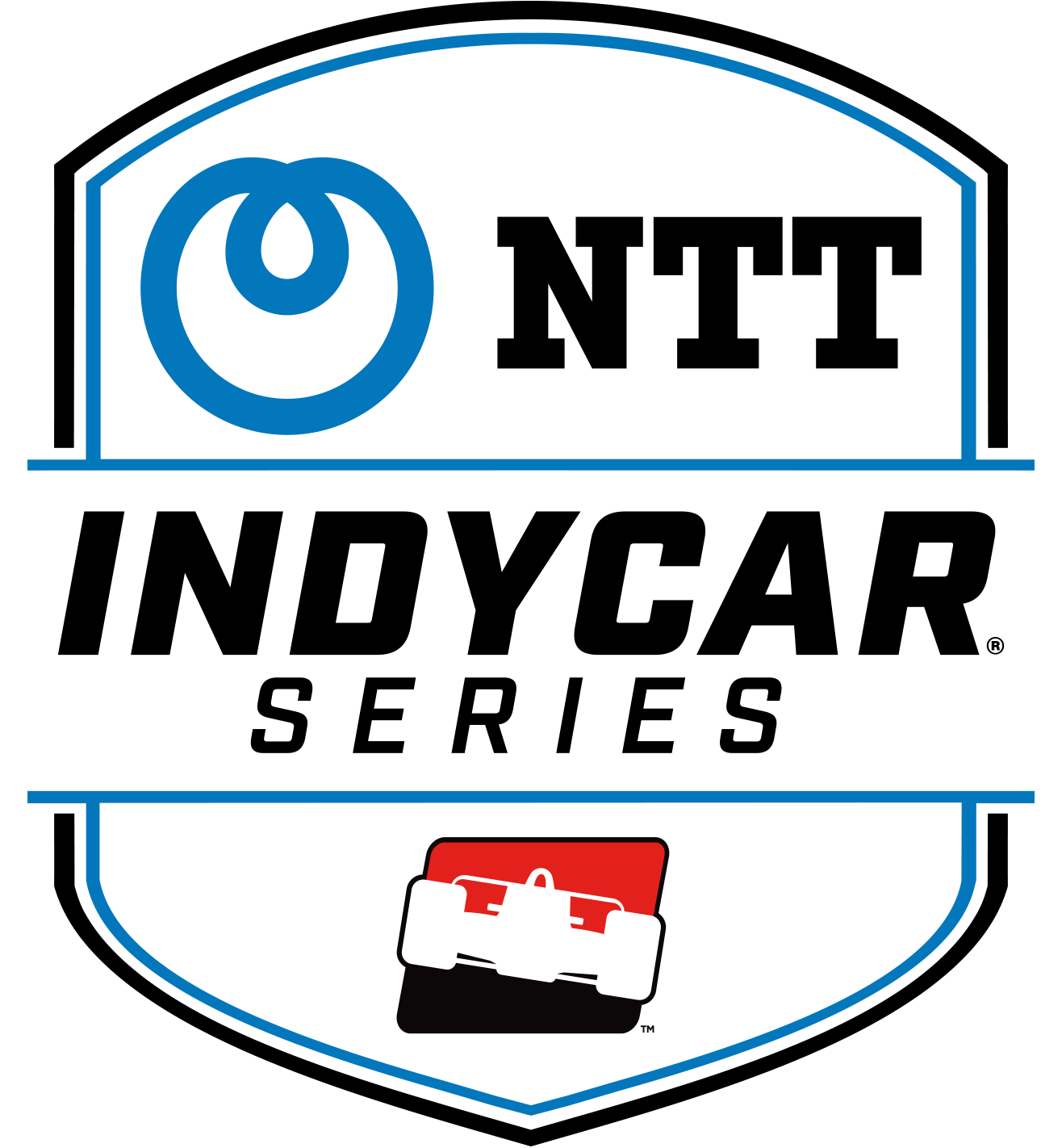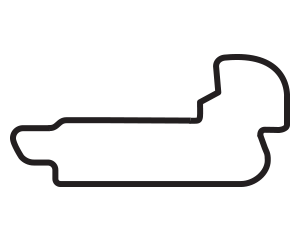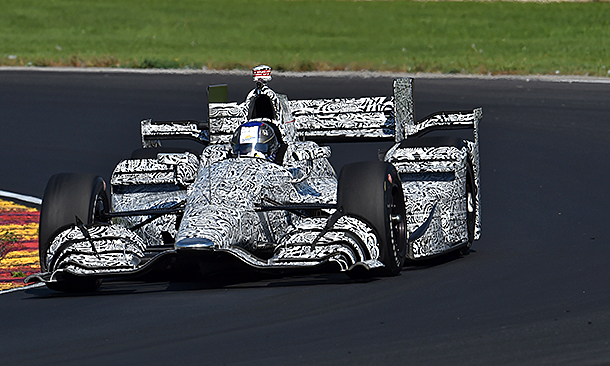Test to set stage for Phoenix; incentives added
NOV 02, 2015
Testing regulations for the 2016 Verizon IndyCar Series season, announced by INDYCAR, include a two-day promoter test at Phoenix International Raceway in preparation for the series’ return to the 1-mile oval.
The Phoenix promoter test is scheduled for Feb. 26-27, five weeks in advance of the Phoenix Grand Prix. It will mark the first Indy car event in 11 years at PIR, which hosted 61 Indy car races from 1964-2005.
Under the regulations that went into effect Aug. 31 and remain through the final race of the 2016 season on Sept. 18, a Verizon IndyCar Series team (defined by INDYCAR as one or more entrants/car numbers under common ownership or control) is permitted a total of eight team test and/or full-size wind tunnel test days. Teams that also field a full-season entry in Indy Lights Presented by Cooper Tires, the top rung of the Mazda Road to Indy development ladder, will now be granted an extra Verizon IndyCar Series team test day once the Indy Lights entry has participated in five 2016 races.
Verizon IndyCar Series teams will continue to receive an extra test day if seat time is divided between a Verizon IndyCar Series driver and Indy Lights driver.
“These regulations balance diverse interests in our paddock while containing costs and fostering great competition,” said Mark Miles, CEO of Hulman & Company, the parent of INDYCAR and Indianapolis Motor Speedway. “We are really looking forward to our first promoter test next spring in Phoenix as a great opportunity to showcase the return of PIR to the Verizon IndyCar Series.
“The testing regulations provide teams the opportunity to earn additional test days for competing in Indy Lights and by testing a driver who is a current competitor in Indy Lights,” Miles added. “This year the shared test day rule provided several Indy Lights drivers the opportunity to test a Verizon IndyCar Series car at Sonoma Raceway, which we felt was instrumental in the continued development of these young drivers and the overall growth of the ladder series.”
INDYCAR has scheduled eight promoter test days in 2016, open to all entrants and mandatory for Leaders Circle members. Promoter test days do not count against the eight-day team test allotment. The Phoenix promoter test in February is the only one not in conjunction with a typical race weekend schedule. The other promoter test days are: March 11, St. Petersburg; April 22, Barber Motorsports Park; May 12, Indianapolis Motor Speedway road course; June 24, Road America; July 29, Mid-Ohio Sports Car Course; and Sept. 16, Sonoma Raceway.
A full-season entrant is allocated a maximum of 10,000 engine miles for use in all tests and race events from the start of the 2016 Verizon IndyCar Series season to the start of the 2017 season. Testing mileage accrued between the end of the 2015 season and start of the 2016 season will come from the entrant’s remaining 2015 mileage allocation – which was also 10,000 miles – or be charged at a per-mile rate set by the respective engine manufacturers, Chevrolet and Honda.
Other testing regulation highlights include:
* INDYCAR has scheduled an aero kit safety test April 6 on the Indianapolis Motor Speedway oval. All full-season entrants are permitted to participate in the test, which will be used by INDYCAR to determine approval of aero kit components for the Indianapolis 500 Mile Race.
* Verizon IndyCar Series teams with rookie drivers are allocated two additional team test days for the rookie driver.
* Rookie drivers must successfully complete a superspeedway (ovals 1.5 miles or longer) rookie test prior to participating in a superspeedway promoter test or practice for a superspeedway race, whichever comes first. Rookies participating in the Indianapolis 500 only are permitted a superspeedway test day for the purpose of driver evaluation. The Indianapolis 500 rookie orientation test is scheduled for May 16 at Indianapolis Motor Speedway.
* New Verizon IndyCar Series teams are granted four additional team test days.
* In-season tire testing requested by Firestone, exclusive tire supplier for the Verizon IndyCar Series, must be approved by INDYCAR. Participation is limited to two days per team by invitation from Firestone. All teams are permitted to have one car participate in team testing in conjunction with any approved tire test.
* Engine manufacturer testing is limited to two days each for Chevrolet and Honda, from Sept. 14, 2015, to March 3, 2016. Mileage accrued while using a manufacturer’s development engine will not count against an entrant’s 10,000-mile limit. No team may participate in more than one of the engine manufacturer test days.
* Aero kit suppliers Chevrolet and Honda are permitted three days of aerodynamic bodywork component testing each between Sept. 14, 2015, and the end of the 2016 race season. Mileage accrued while using a manufacturer’s development engine will not count against an entrant’s 10,000-mile limit.
All ovals and permanent road courses on the 2016 Verizon IndyCar Series North American schedule are approved testing venues. Additional approved oval test venues are: Auto Club Speedway, Chicagoland Speedway, Homestead-Miami Speedway, Kansas Speedway, Michigan International Speedway, New Hampshire Motor Speedway, Richmond International Raceway and The Milwaukee Mile. Additional approved road course test venues are: Circuit of the Americas, Homestead-Miami Speedway, Mazda Raceway Laguna Seca, Palm Beach International Raceway, Sebring International Raceway and Watkins Glen International.
Testing blackout dates are: Nov. 25-30, 2015; Dec. 21, 2015-Jan. 3, 2016; and May 9-30, 2016. In addition, teams may not conduct on-track testing within seven days prior to the start of any on-track activity at a race location (i.e., a promoter test or the first day of practice on a race weekend).






















